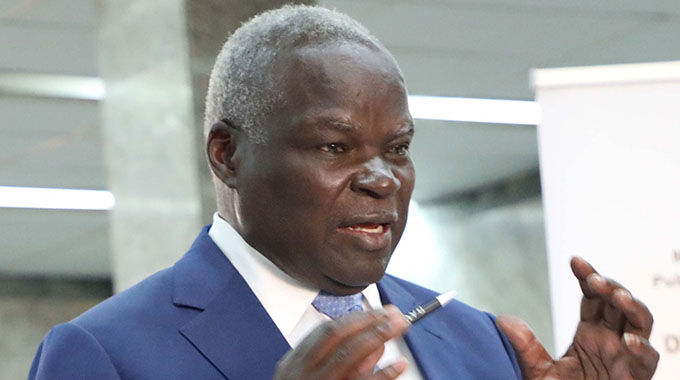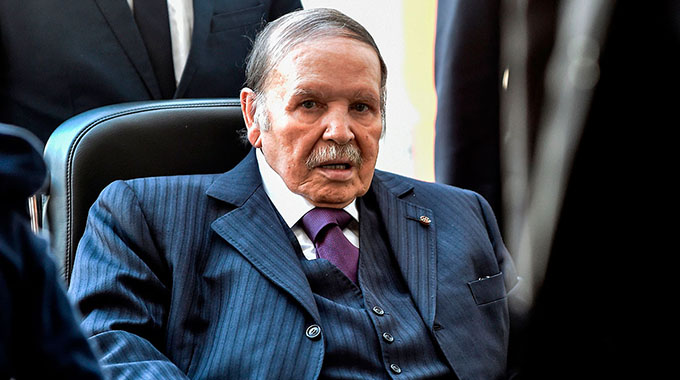Writers end Black History Month with literary evening

Beaven Tapureta Correspondent
The literary event held in the city last week in celebration of this year’s Black History Month, was but a great moment of reflection for the Harare writing family. Litfest Harare (International Literature Festival), the organisers, normally run their main festival early in the year and then continue to conduct satellite literary activities (such as the literary evening) to live up to its dream of promoting the growth of Zimbabwean literature and beyond.
The Nexus at Batanai Gardens in Harare, where the Black History Month celebration was held, transformed into a powerful artistic nexus between the history, the present and future of migration and its conditions, its influences upon people of African descent scattered all over the world.
And “Black Migrations”, which happened to be the theme of the literary evening, attracted multiple interpretations from the presenters (performers and writers) and from the audience.
Writer and critic Memory Chirere led the open conversations between presenter and audience at intervals and to provoke thought, he would also throw in his own short but keen questions at ‘anyone’ in the room!
Opening the show was young Lisa the Poet accompanied by her friend Carl the guitarist. What a beautiful musical poet she is! And together with her friend they rendered an act of slow-beat spoken word.
Mafundikwa, whose topic was spoke about past and present perspectives of Black Migration, also gave a background of the Black History Month, looked into today’s impacts of colonialism and slavery upon, for instance, African people.
He had good examples of books — Native Son by Richard Wright, the contemporary Harare North by Brian Chikwava, and many others – to show just how literature has played its part in raising consciousness of migration issues.
Experienced writer Shimmer Chinodya, said he is a “realist” and most of his writings have been “written in migration”, that is, while he was abroad. Chinodya read from his book Can We Talk and Other Stories and what he called a prose poem titled “Snow”.
She confidently strode over to the front and grabbed the microphone. On stage, she is Xapa; she is the goddess of poetry. Her real name is Rox Mathazia. She stole the show with her performance. Her voice boomed, echoed, sang, as she flowed in her own slam poetry. One was titled “Migration” and the other was “Come Home”
Author of The Trek and Other Stories, Lawrence Hoba, read his short story featured in the anthology Writing Lives. And ‘VaChikepe’, a poet whose real name is Takudzwa Chikepe, did perform good pieces and apart from sharing his experiences of migration, he explained the creative process of his poetry.
It is unusual to see Albert Nyathi, an accomplished performing poet, reading his poems. He was pacified when he stood with the book in front of the audience.
He read a few poems from his book Echoes From Zimbabwe (2010) and then the moment came when, putting book aside, he got into his element, performed his popular poem “My Daughter” before he turned to snippets from “My Son”, which he co-authored with Ignatius Mabasa.
In the performances and discussions, Black Migration was the common song sung in the spirit of unity among all peoples in the world.
The Black History Month, usually observed annually in February, pays homage to the forefathers of black emancipation such as abolitionist Frederick Douglas and President Abraham Lincoln.









Comments